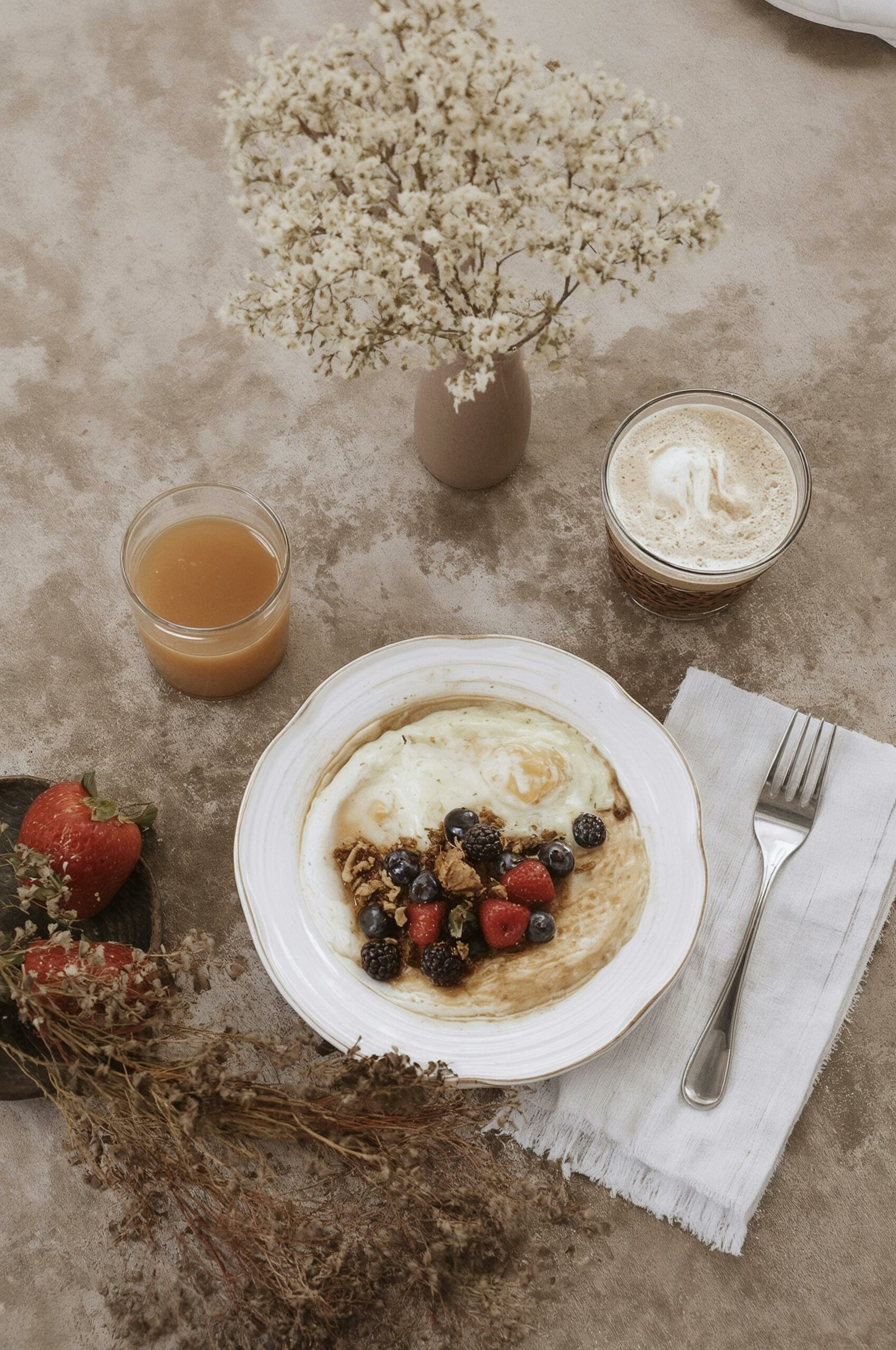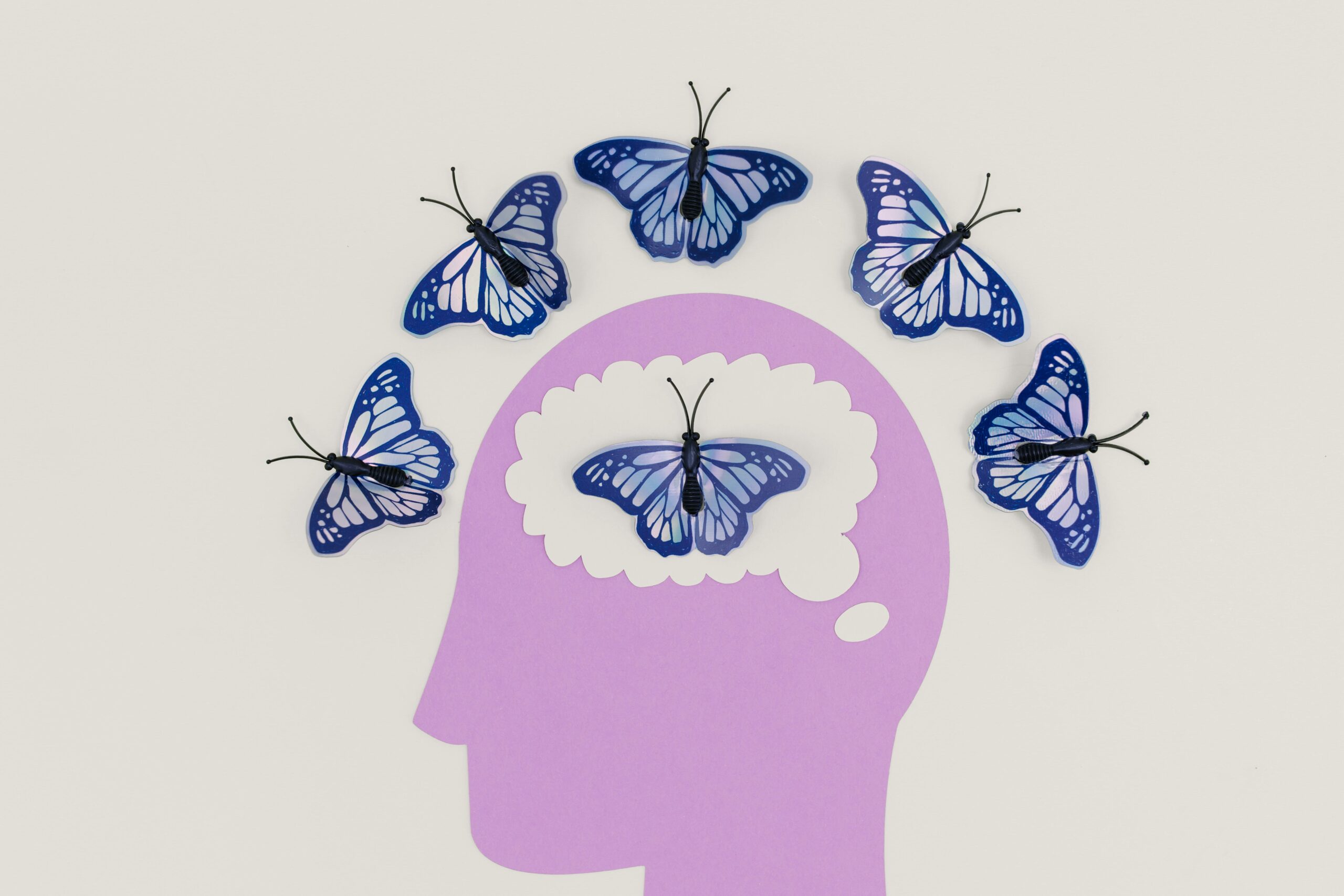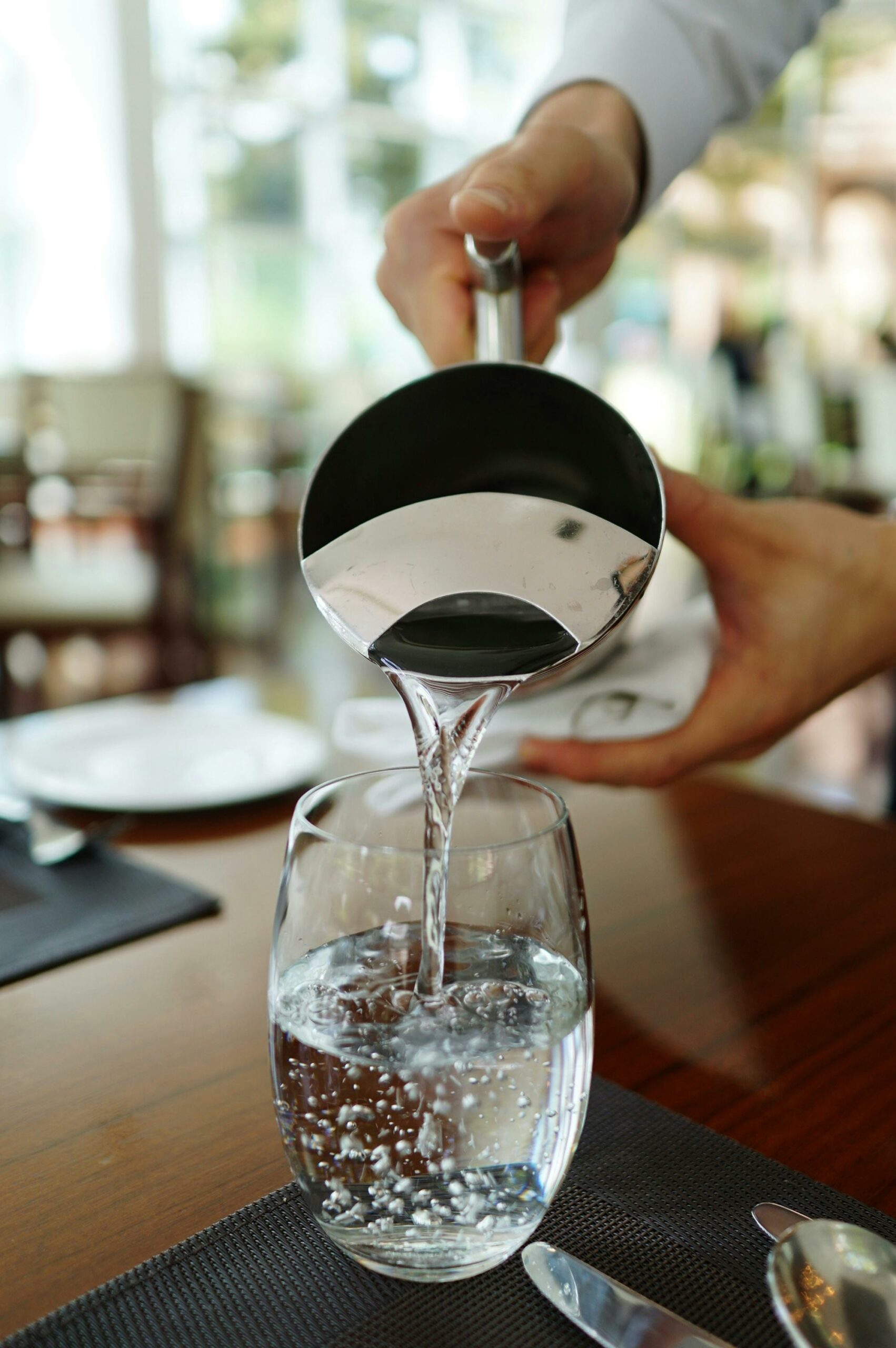It’s Coming……Pollen!
Category: Allergies

Does the picture above of a gorgeous spring blossoming tree make you feel joyous or dread? Your answer, of course, depends upon whether or not you are among the 45 million Americans suffering from a pollen allergy, asthma, eczema or hay fever. A great infographic on which plants and trees to avoid (at least in your own garden!)can be found here. Itchy, watery eyes, sneezing, congestion, headaches, eczema, drowsiness….these conditions can be very debilitating, affecting millions.
Dr. F. Batmanghelidj, author of Your Body’s Many Cries for Water and You’re Not Sick, You’re Thirsty! Water for Health, for Healing, for Life – states that his experiences and research tells him that allergies and asthma are the body’s crisis call for water. They denote a state of dehydration in the human body and herald continuing degeneration of the body until other complications of dehydration get established and can cause early death.
It is now physiologically apparent that water by itself has very strong antihistaminic properties. Simply by supplying the body with water causes a disappearance of histamine from areas where it should not be present. With adequate water supply, histamine production, and its excess release, is inhibited proportionately.
With the millions of dollars spent each year (particularly around springtime when pollen count is high), this doctor is claiming that chronic dehydration is the primary cause of allergies and asthma in the human body ~ and that simply increased water intake ~ on a habit-forming, regular basis ~ should become the treatment of choice. Since there are always side effects to the many drugs being prescribed, I would follow this advice~I highly recommend this water filter to make sure your water is pure.
Most of us turn to over-the-counter antihistamines which are known to cause sleepiness. Javed Sheikh, M.D., Clinical Director of Allergy at Beth Israel Deaconess and full-time faculty at Harvard Medical School, outlines some of the lesser-known side effects of allergy medication including low libido, increased appetite, altered taste and smell, infertility in women, anxiety, impairment of thinking and depression. Dr. Oz, in his book YOU: Staying Young states that decongestant nasal sprays are addictive and raise your blood pressure and suggests saline or antihistamine sprays as better options. One of my favorite remedies during this season is this supplement, a natural antihistamine with no side effects! One interesting fact about this supplement is that its roots go down as deep as 20 feet. That’s very deep for a plant, but very special for this one—because those deep taproots search out nutrients and other minerals “from deposits in the soil while its leaves gather large amounts of chlorophyll through the natural process of photosynthesis.”
The following list from Beth Israel Deaconess offers the following for those who suffer at this time of year:
Do’s and Don’ts
- DO a thorough spring cleaning. Windows, book shelves and air conditioning vents collected dust and mold throughout the winter that can provoke allergy symptoms.
- DO keep windows closed at night to prevent pollens or molds from drifting into your home. Instead, if needed, use air conditioning, which cleans, cools and dries the air.
- DO minimize early morning activity. Pollen is usually emitted between 5 a.m. and 10 a.m.
- DO keep your car windows closed when traveling to prevent pollen from collecting in your vehicle.
- DO shower and wash your hair every night before going to bed.
- DO try and stay indoors when the pollen count or humidity is reported to be high, and on windy days when dust and pollen are blown about.
- DO view the pollen count in your area. Visit the National Allergy Bureau (NAB) web site.
- DO take a vacation during the height of the pollen season to a more pollen-free area, such as the beach or sea.
- DO take medications prescribed by your allergist/immunologist regularly, in the recommended dosage.
- DON’T take more medication than recommended in an attempt to lessen your symptoms.
- DON’T mow lawns or be around freshly cut grass. Mowing stirs up pollens and molds.
- DON’T rake leaves, as this also stirs up molds.
- DON’T hang sheets or clothing outside to dry. Pollen and molds may collect in them.
- DON’T grow too many, or over water, indoor plants if you are allergic to mold. Wet soil encourages mold growth.
Loved this list! So along with this information, I would be remiss if I did not mention getting the toxins out of your home and using non-toxic household products. These are the products I recommend to set up a non-toxic home. Ask me for some samples! Happy Spring!



Facebook Comments